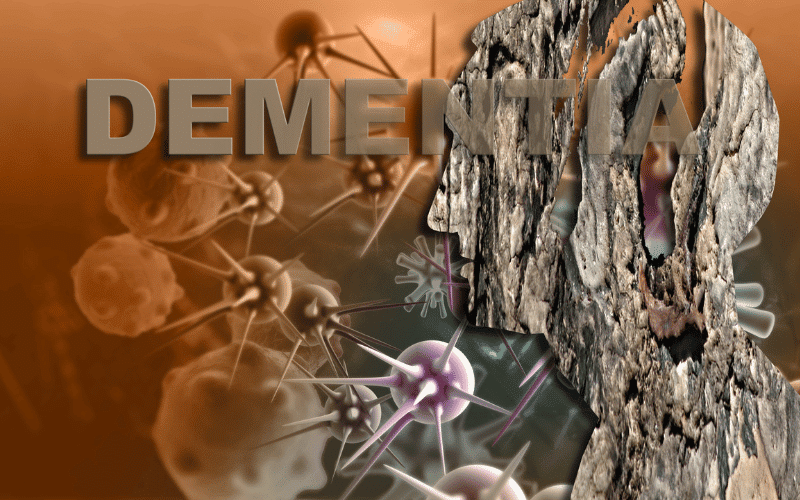Frequently Asked Questions About Dementia And Pain

1. Can dementia patients feel pain?
Yes, individuals with dementia can feel pain. However, they might experience and express it differently due to cognitive impairment, leading to challenges in pain recognition and management.
2. How do dementia patients express pain?
Dementia patients might express pain through various non-verbal signs like facial expressions, body movements, changes in behavior, sleep disturbances, changes in appetite, or social withdrawal. These signs can change as dementia progresses, requiring continuous observation and adjustment.
3. How is pain assessed in dementia patients?
Pain assessment in dementia patients involves the use of both verbal and non-verbal pain scales. Since individuals with dementia might have difficulties with communication, non-verbal pain scales that gauge discomfort based on observable behaviors and physiological signs are often used.
4. How is pain managed in dementia patients?
Pain management in dementia patients involves a combination of pharmacological and non-pharmacological strategies. This might include pain medication, comfort measures, environmental modifications, and the use of alternative therapies like music therapy or aromatherapy. The approach is tailored to the individual’s needs and preferences, ensuring optimal pain relief.
5. Why is pain management important in dementia care?
Effective pain management is crucial in dementia care as it directly impacts the individual’s quality of life. Untreated pain can lead to behavioral changes, increased health complications, reduced effectiveness of dementia treatments, and overall decline in well-being. By managing pain effectively, healthcare providers can enhance the individual’s comfort, engagement, and response to dementia therapies.
6. What is the role of caregivers in managing pain in dementia?
Caregivers play a vital role in managing pain in dementia patients. They are often in the best position to observe subtle changes that could indicate pain. With appropriate education, caregivers can recognize these signs, implement non-pharmacological pain management strategies, and communicate effectively with healthcare providers.
Conclusion: The Importance of Understanding Pain in Dementia
Understanding the intricate relationship between dementia and pain is a crucial component of effective dementia care. Pain is a prevalent and impactful aspect of the dementia journey, influencing not just the physical well-being of the individual but also their emotional health, behavioral expressions, engagement in dementia therapies, and overall quality of life. The complexity of pain expression and assessment in dementia underlines the need for a vigilant, patient-centric approach to pain management, incorporating both pharmacological and non-pharmacological strategies.
Furthermore, the crucial role of caregivers in this process should not be underestimated. Empowering caregivers with the knowledge and tools to recognize and manage pain can greatly enhance the quality of dementia care. Continued research in this field, aiming to refine pain assessment methods, enhance caregiver education, and explore novel pain management strategies, promises a brighter future for dementia patients and their families. The aim is always to maintain dignity, enhance comfort, and optimize quality of life for individuals living with dementia.